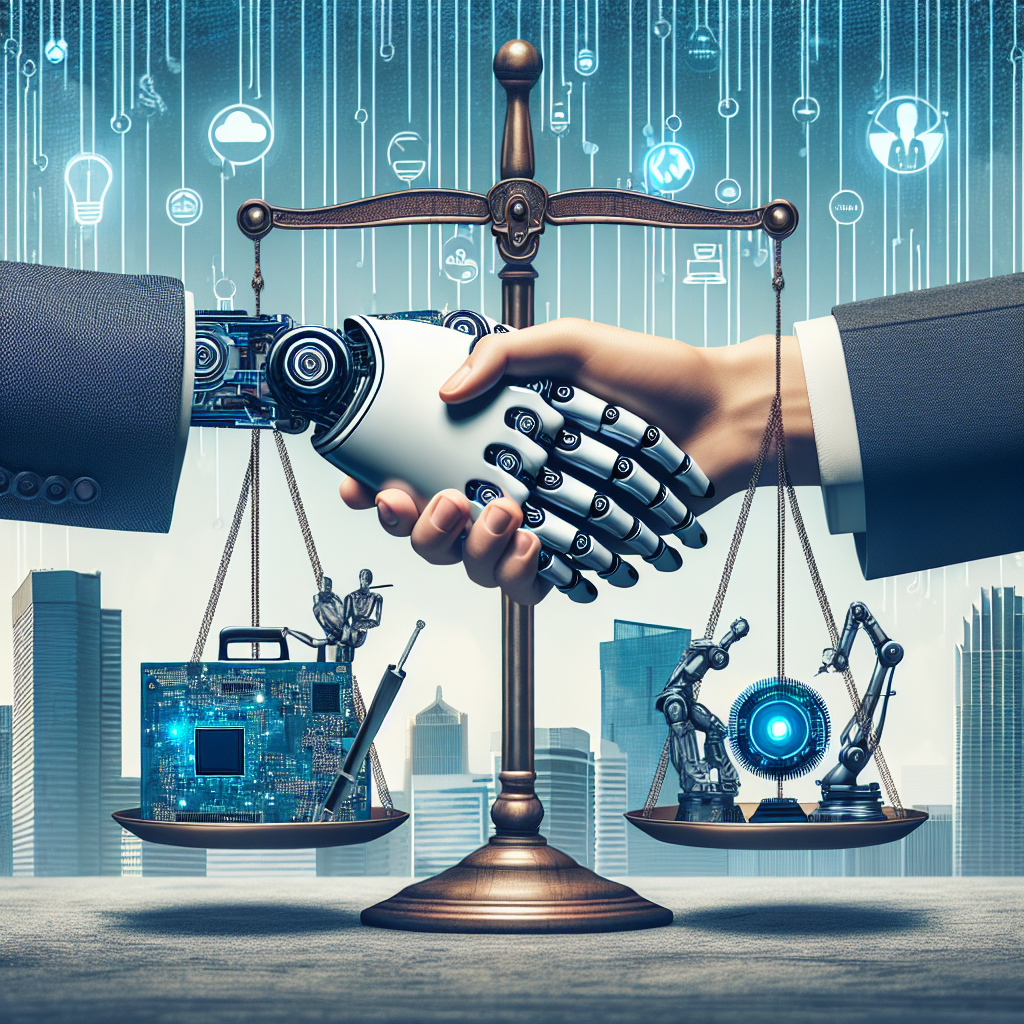Artificial General Intelligence (AGI) is a concept that has captured the imagination of many in the field of artificial intelligence (AI). AGI refers to a form of intelligence that is capable of understanding and learning any intellectual task that a human being can. Unlike narrow AI systems that are designed to perform specific tasks, AGI is seen as a more advanced form of intelligence that can think and reason like a human.
The development of AGI has the potential to revolutionize the way we work and live. It could lead to significant advancements in various industries, automation of mundane tasks, and the creation of new job opportunities. However, it also raises concerns about the impact of AI on the job market and the future of work.
Implications for the Job Market
The rise of AGI is expected to have a profound impact on the job market. While some jobs may be automated and replaced by AI systems, new job opportunities are also likely to emerge. Here are some key implications of AGI for the job market:
1. Automation of Routine Tasks: AGI has the potential to automate routine tasks that are currently performed by humans. This could lead to job displacement in industries such as manufacturing, transportation, and customer service. However, automation could also improve efficiency and productivity in these industries.
2. Creation of New Job Opportunities: As AGI becomes more advanced, new job opportunities are likely to emerge in fields such as AI research, software development, and data analysis. AGI could also create new roles that require human creativity, empathy, and critical thinking skills.
3. Reskilling and Upskilling: The rise of AGI will require workers to adapt to new technologies and acquire new skills. Companies may need to invest in reskilling and upskilling programs to ensure that their employees are prepared for the future of work.
4. Shift in Job Roles: AGI is likely to change the nature of job roles and the skills required to perform them. Jobs that require repetitive tasks may be automated, while roles that involve complex problem-solving and decision-making may become more valuable.
5. Impact on Income Inequality: The rise of AGI could exacerbate income inequality, as workers with specialized skills may benefit from higher wages, while those in low-skilled jobs may face job displacement. Governments and businesses will need to address these challenges through policies that promote equal opportunities and social welfare.
FAQs
1. Will AGI replace all human jobs?
While AGI has the potential to automate many tasks currently performed by humans, it is unlikely to replace all human jobs. Some roles, such as those that require creativity, empathy, and critical thinking, are likely to remain in demand.
2. How can workers prepare for the rise of AGI?
Workers can prepare for the rise of AGI by acquiring new skills, staying updated on technological advancements, and adapting to changes in the job market. It is important to be proactive in seeking opportunities for reskilling and upskilling.
3. What role can governments play in addressing the impact of AGI on the job market?
Governments can play a key role in addressing the impact of AGI on the job market by implementing policies that support workforce development, promote job creation, and ensure social welfare. They can also invest in education and training programs to prepare workers for the future of work.
4. How can businesses leverage AGI to improve productivity and efficiency?
Businesses can leverage AGI to automate routine tasks, analyze data more effectively, and make informed decisions. By integrating AI technologies into their operations, they can improve productivity, reduce costs, and gain a competitive edge in the market.
In conclusion, the rise of AGI has the potential to transform the job market and the way we work. While there are challenges and uncertainties ahead, AGI also offers opportunities for innovation, growth, and progress. By preparing for the future of work and embracing new technologies, we can navigate the changes brought about by AGI and create a more inclusive and sustainable economy.

